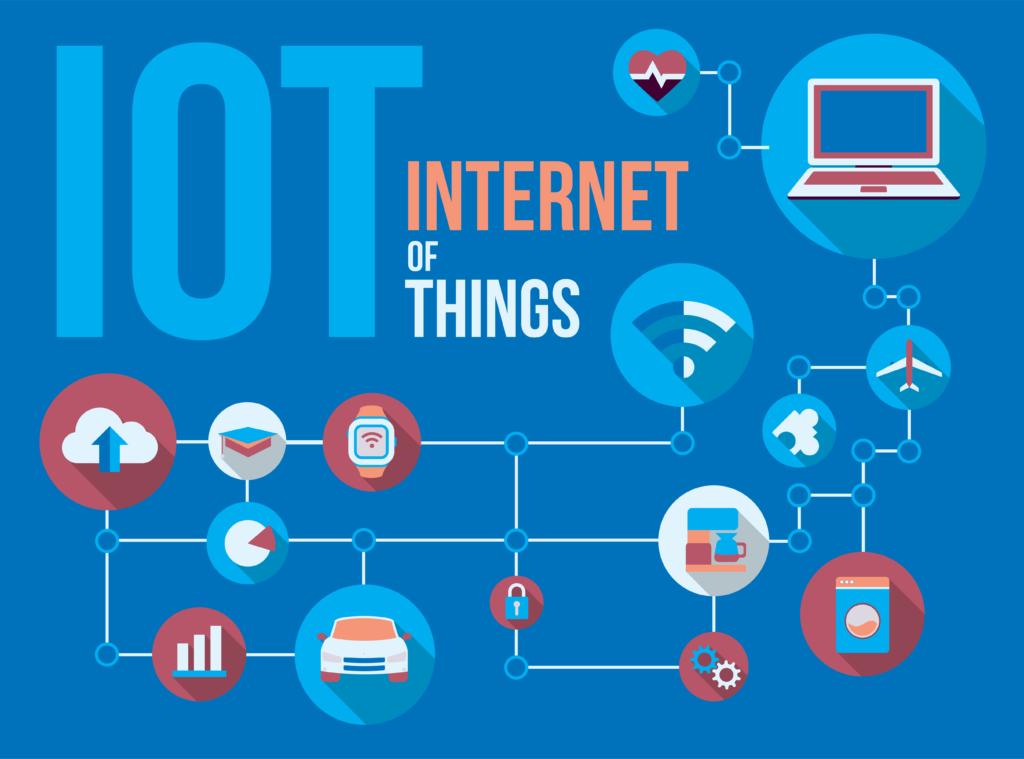
Internet shutdowns across Africa have surged in scale and frequency over the past decade,with nearly 200 incidents recorded between 2016 and 2024,according to a new study by the African Digital Rights Network (ADRN).
The tactic,often used to suppress dissent and manipulate political outcomes,is being normalized by governments across the continent,researchers warn. Algeria leads North Africa with 14 documented shutdowns. These digital blackouts — frequently occurring during protests or elections — disrupt access to essential services,cut off millions from communication,and severely damage economies.
Governments increasingly use internet shutdowns to “reinforce authoritarian control” across their jurisdictions,says the report. “These blackouts are growing in scale and frequency,with devastating consequences for rights and lives,in an ever-more digitally connected world,” said Felicia Anthonio,co-editor of the report.
Governments typically order shutdowns through telecommunications providers,who,despite commercial incentives to stay online,are often forced to comply due to state licensing power. The report traces the roots of this digital repression to colonial-era media censorship,but warns that the consequences today are far more severe in an internet-dependent world. Civil society groups across Africa are responding with legal challenges,advocacy,and tools to circumvent blackouts. However,analysts argue that greater international pressure is needed to hold governments and telecoms accountable.
“Each internet shutdown violates human rights and damages the economy,” said IDS researcher Tony Roberts,while Anthonio urges the international community to “urgently support civil society efforts against this alarming trend (and) hold governments accountable.”
United News - unews.co.za